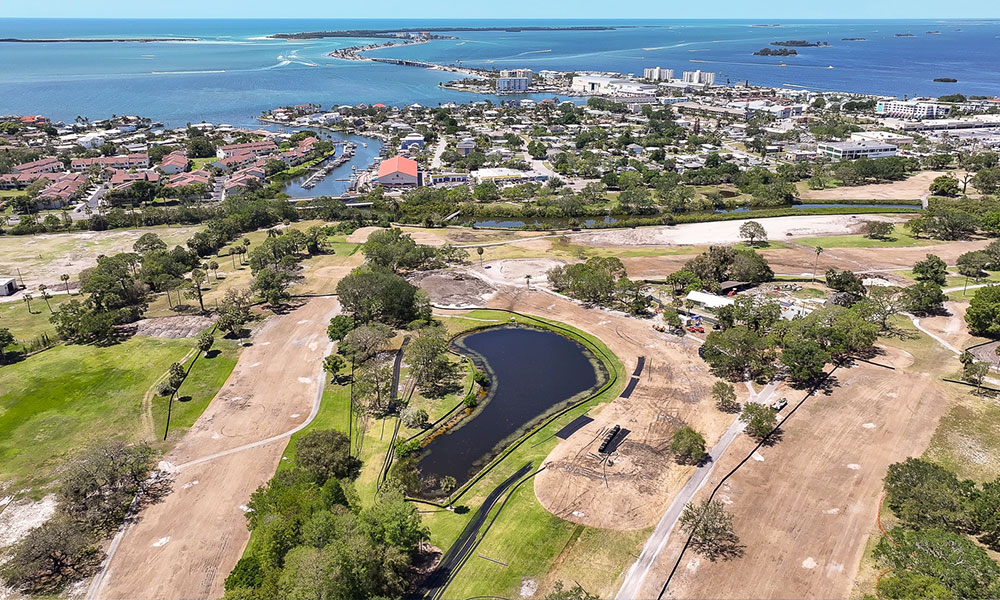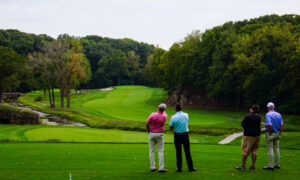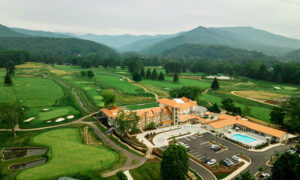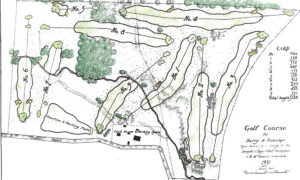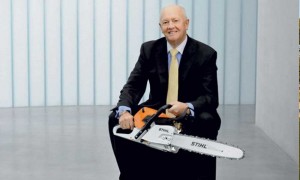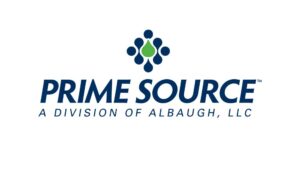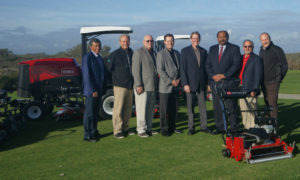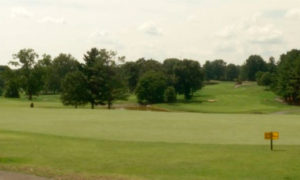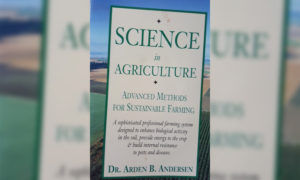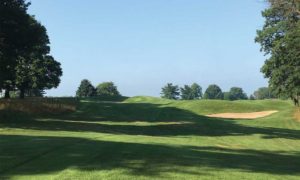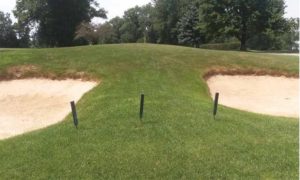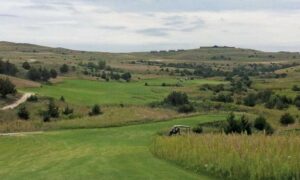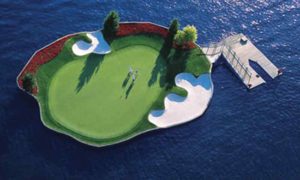This column features recollections of the author’s 37 years as a golf writer. These installments stem from his many travels and experiences, which led to a gradual understanding that the game has many intriguing components, especially its people.
As noted in Part 1, the adverse changes – deliberate and unintended – to the 1926 Donald Ross-designed Dunedin Golf Club became widespread over the past century. They started when the course was closed from 1930-37, a fallow period that degraded the bunkers and relatively new green complexes.
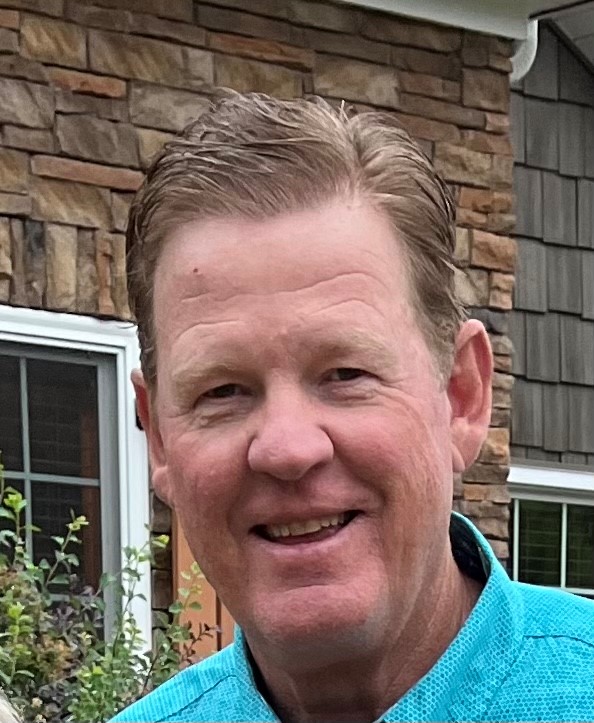
Over the ensuing decades the original greens shrank from 35 to 50 percent, and over 70 bunkers were removed or filled in. These two areas are hallmarks of a Ross design. “The small oval greens that exist today do not represent the strategic intent of Mr. Ross nor do they provide the strategic enjoyment he envisioned at Dunedin GC,” architect Kris Spence wrote in his Master Plan. Dunedin is the 21st Donald Ross-designed course Spence and his firm have resurrected.
The turf on the greens became a mixture of Mini Verde ultra-dwarf and non-desirable off-types unsuitable for a healthy, consistent putting surface. As Spence said before the project started, “The greens are failing agronomically at this time. These are the same types of issues that all older golf courses face.”
According to the architect, the project now underway will: “Restore the green complexes to their original configurations; reinstate the strategic bunkering; increase the fairway widths; expand the teeing grounds to handle the current increased play; reduce tree encroachment and shade impacts; and provide a reliable irrigation system to maintain adequate turf.”
Thankfully, Spence had access to important documents of the original layout, unlike many older courses where such references are missing or lost over time. These were critical to Spence and his Dunedin restoration team – which includes builder TDI Golf-XGD Systems and superintendent Dennis Swander – in accurately replicating the original layout.
“We have a full course drawing of all 18 holes showing the routing, green shapes and bunker locations with distance data,” Spence said. “We have a set of Ross pre-construction notes from [crew chief] Walter Hatch, and Ross’s field notes when he designed the greens and bunkers in 1926. We also have what is most valuable – ground-level and aerial photos showing the course during and post-construction.”
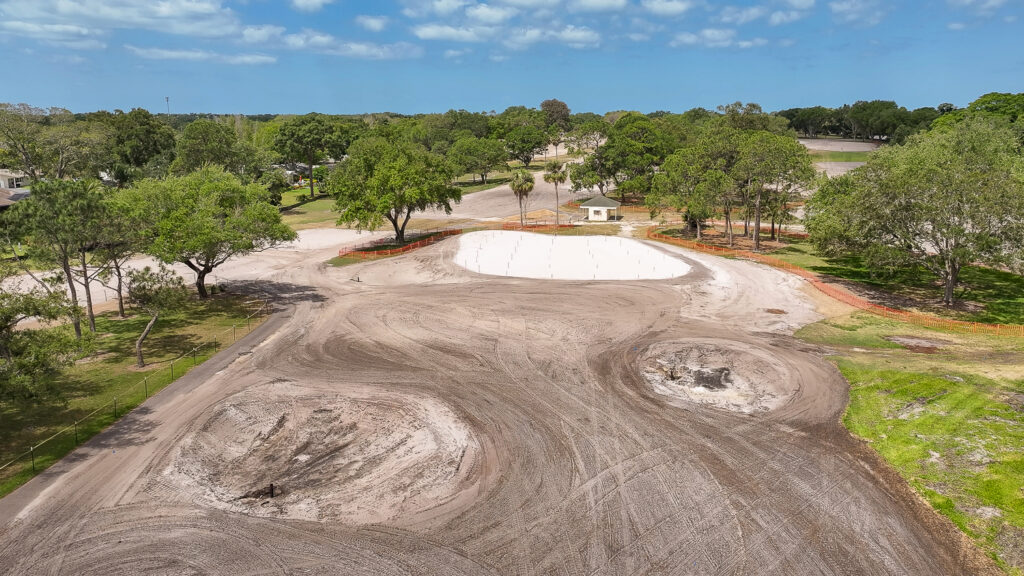
Spence told me a major challenge at Dunedin was “uncovering the original greens, bunkers that have been buried under 1 to 2 feet of overburden material and organic buildup from previous renovations, and almost 100 years of age. This process is . . . almost in the fashion of an archeological dig. We were able to locate the original putting surfaces and bunker bottoms through a process of carefully removing the upper layers until reaching the old putting surfaces, which were clearly visible in the soil profiles.
“Once located, the contractor was able to follow it and remove everything above to reveal the original green surface, shoulders and surrounding bunkers. In most cases, architects and builders just bulldoze their way down, which destroys the original work. Once exposed, we cored out the greens, and modern construction methods were implemented with drainage and rootzone installation. Seventeen of the 18 greens were intact except the 13th, which had been moved closer to the clubhouse. We returned this to its original location.”
Spence is very pleased with his co-workers on the project. “Dennis Swander is a very dedicated and experienced superintendent with multiple renovation projects under his belt. He makes strong and well-informed decisions and has the course’s best interest at heart, which is critical in dealing with all the elements of a project of this magnitude.
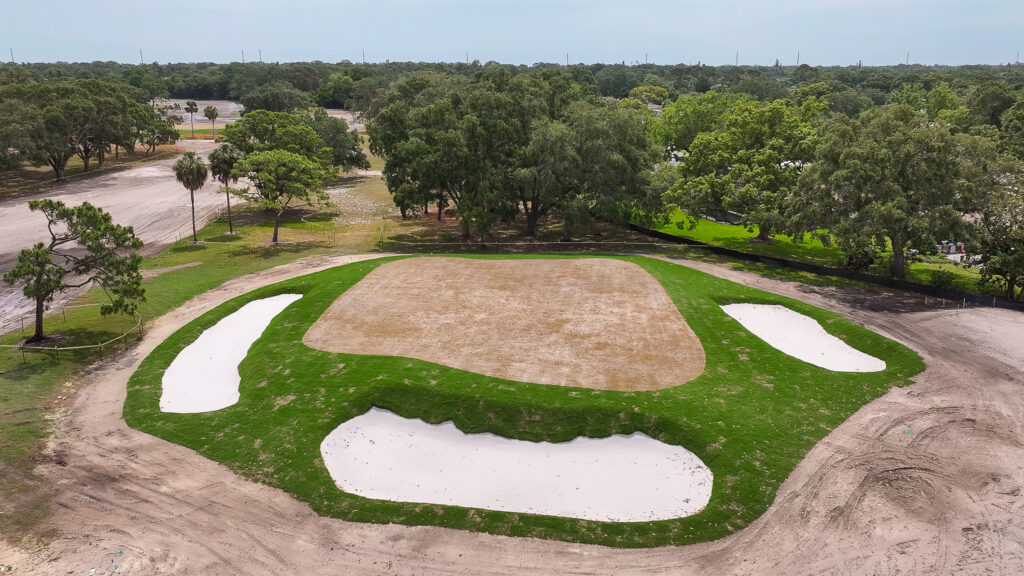
“TDI/XGD, the contractor, has been one of the most pleasant surprises of my career in doing golf course renovation and restoration work. Ron Hart, the shaper for the green complexes, is second to none in the shaping world, an absolute pleasure to work with and highly talented. Construction superintendents, Jeremiah and Ryan, are very detail-oriented and passionate about quality. I cannot say enough about their productivity.
“My main point of contact with the City of Dunedin is Blair Kline,” added Spence. “Blair is dedicated to helping get the needed decisions across the finish line for us. He understands the importance of restoration versus renovation and will play a big role in helping us convince the powers-that-be that authenticity is critical to this process and that Dennis is given the tools to succeed in the grow-in process.”
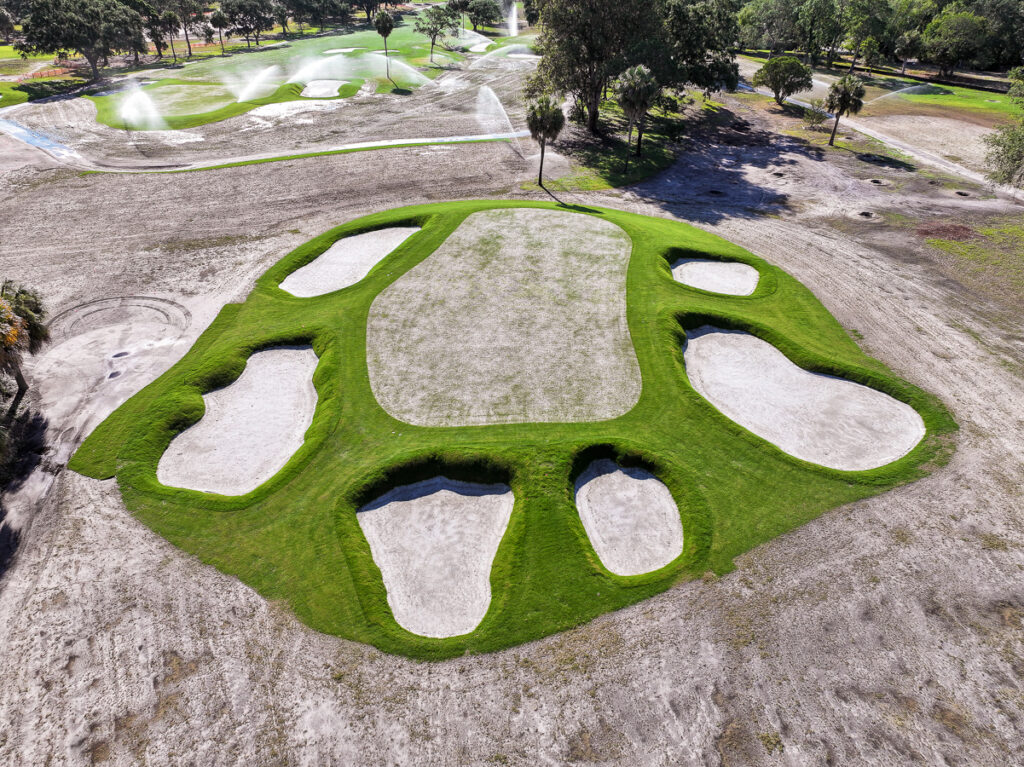
Spence also gave a shout-out to another individual. “One of the most important and key players is Kevin Janiga, chairman of the Greens Committee Focus Group for the Dunedin Men’s Golf Association. He was the one that reached out to me to get the process started. I connected him with John Stiles of the Donald Ross Society Foundation to get a grant for the initial restorative plan. That very important connection and meeting will [prove to] be responsible for the saving of Dunedin’s Donald Ross course from an ill-advised renovation that would have taken it even further from its Ross lineage.”
With the putting surfaces reconstructed for the first time in almost 100 years, Spence promises these greens “will provide a greatly elevated quality with the new TifEagle turf and subsurface drainage system. A new irrigation system will enable uniformity in turf coverage along with the drought-resistant TifTuf fairway, rough and tee grasses. I would expect a much higher-value course condition at completion.”
The trademark Ross bunkers have also been rejuvenated. “The bunkers are all being rebuilt with new drainage and G-Angle sand, which will be a huge improvement over the old course.”
Swander has been a superintendent since 2005. The 44-year-old arrived at Dunedin in July 2023 and was not involved in the initial planning phases. But he got up to speed quickly. “I provided the amounts of irrigation needed and some turf varieties that might work better in different areas,” he said. “For example, we decided to plant holes 15 and 17 with a paspalum variety due to the possibility of saltwater intrusion.”
Swander is also central to the successful grow-in and efficiency, “through mowing patterns and plant bed locations and sizes.”
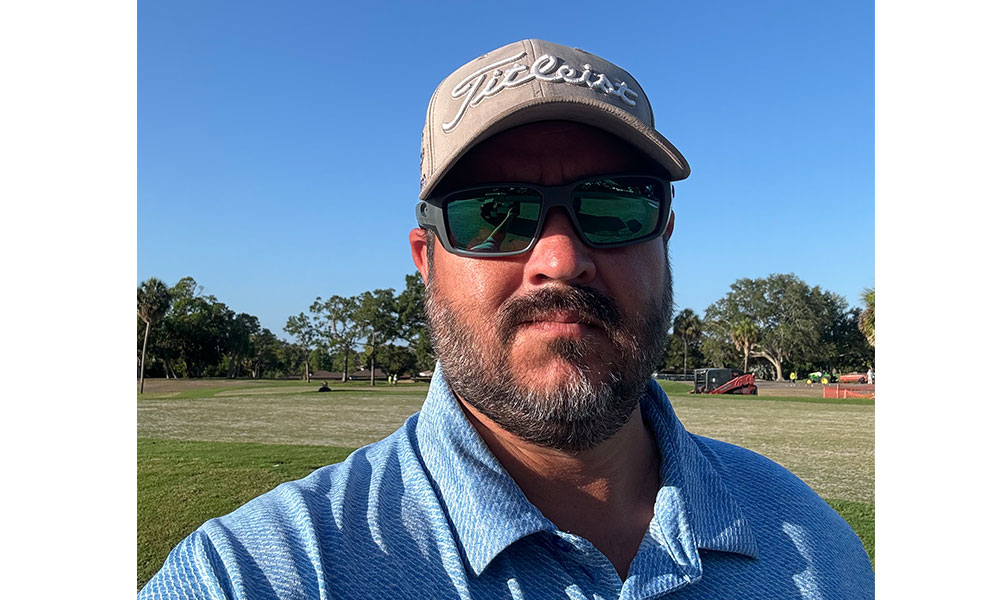
It took a total group effort to plan, initiate and complete the restoration of historic Dunedin Golf Club. All will be attending the November 2024 grand opening to celebrate a bright future for this landmark American course.
[Special thanks to Walt Kozikowski for the above construction photos. To watch videos of this project’s timeline and evolution, search “DGC Restoration” on You Tube.]
JJeff Shelley has written and published nine books as well as numerous articles for print and online media over his lengthy career. Among his titles are three editions of the book, “Golf Courses of the Pacific Northwest.” The Whidbey Island resident was editorial director of Cybergolf.com from 2000-15, co-founded the Northwest Golf Media Association and was president of the nonprofit First Green (https://www.thefirstgreen.org/). To contact Jeff: fairgreens@seanet.com.

